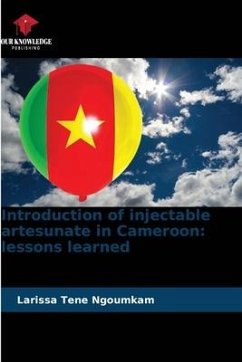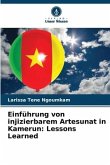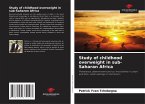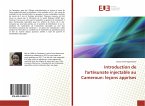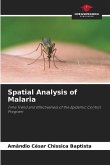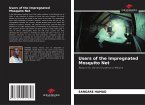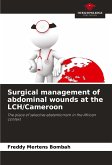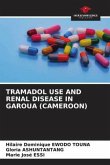Cameroon, a sub-Saharan African country, is in a zone of high endemicity for malaria. This disease is the first cause of morbidity and mortality in the most vulnerable groups (children under 5 years and pregnant women). Several measures have been implemented by the Ministry of Public Health (MSP) to promote access to care, including free treatment with injectable artesunate for children under 5. The analysis will focus on the distribution system and on the trend in the use of injectable artesunate in Cameroonian health facilities one year after its introduction. This analysis is done in a context where the treatment of severe malaria has been routinely done for several years with quinine and injectable artemether.
Bitte wählen Sie Ihr Anliegen aus.
Rechnungen
Retourenschein anfordern
Bestellstatus
Storno

